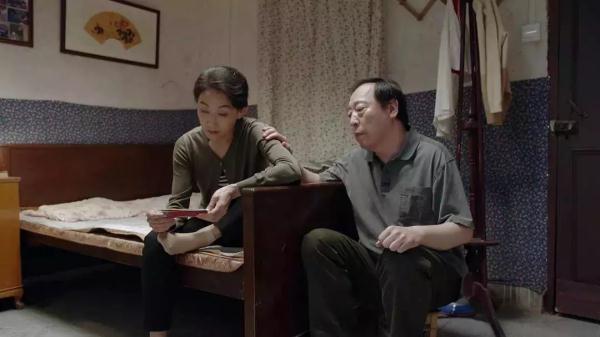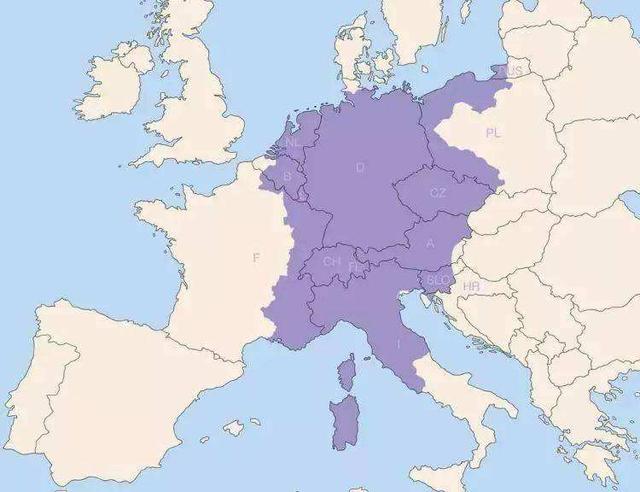SLEEP, CHILDHOOD, AND SCHOOL
What about children? Everyone knows that infants spend most of their time sleeping, and that sleep shortens with age. This is logical: early childhood is a privileged period during which our learning algorithms have a heavier work-load. In fact, experimental data show that, for the same length of time, a child's sleep is two to three times more effective than that of an adult. After intensive learning, ten-year-old children dive much faster into deep sleep than adults. Their slow waves are more intense, and the result is clear: when they study a sequence, sink into sleep, and wake up the next day refreshed and rested, they discover more regularities than adults.
睡眠,童年,及学校
小孩子又怎么样呢?每个人都知道婴儿大部分时间都在睡觉,随年龄增长,睡眠减少。这是符合逻辑的:幼儿时期是一个特殊阶段,这期间我们的学习算法有更大的工作量。实际上,实验数据显示在相同的时间长度内,孩童的睡眠效率比成人高两到三倍。强化学习之后,10岁的孩子比成人更快地进入深度睡眠。他们的慢波更加强烈,结果很明显:当他们研究序列的时候,沉沉睡去,第二天醒来,神清气爽,精神饱满,他们就会比成年人发现更多的规律。







